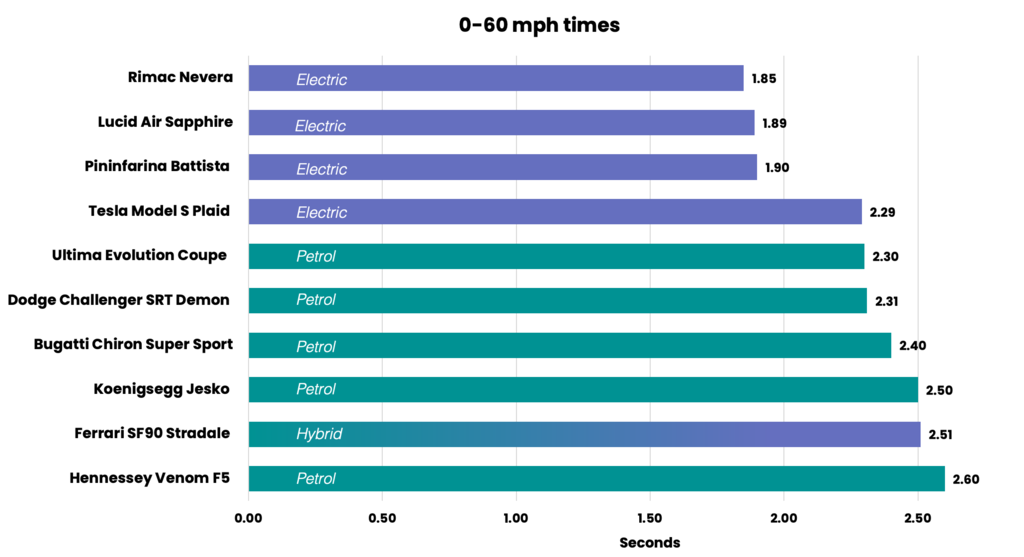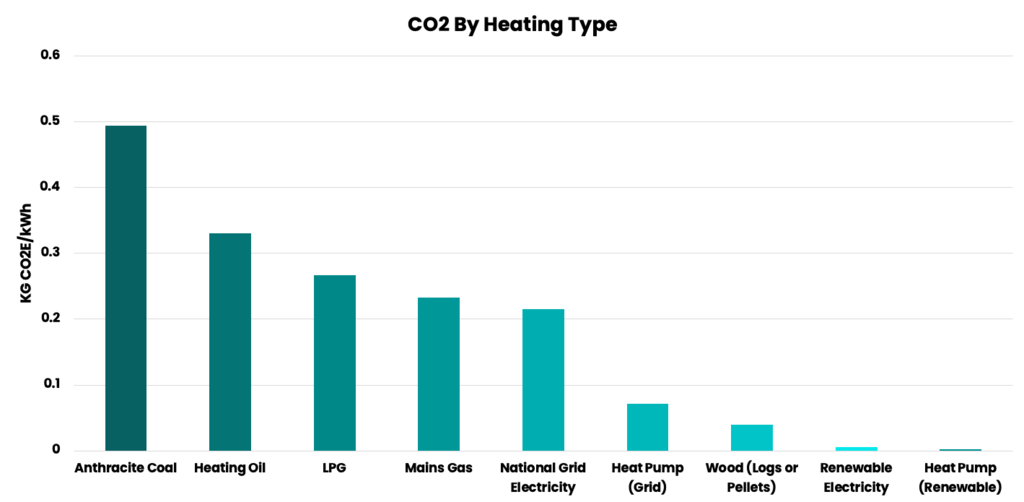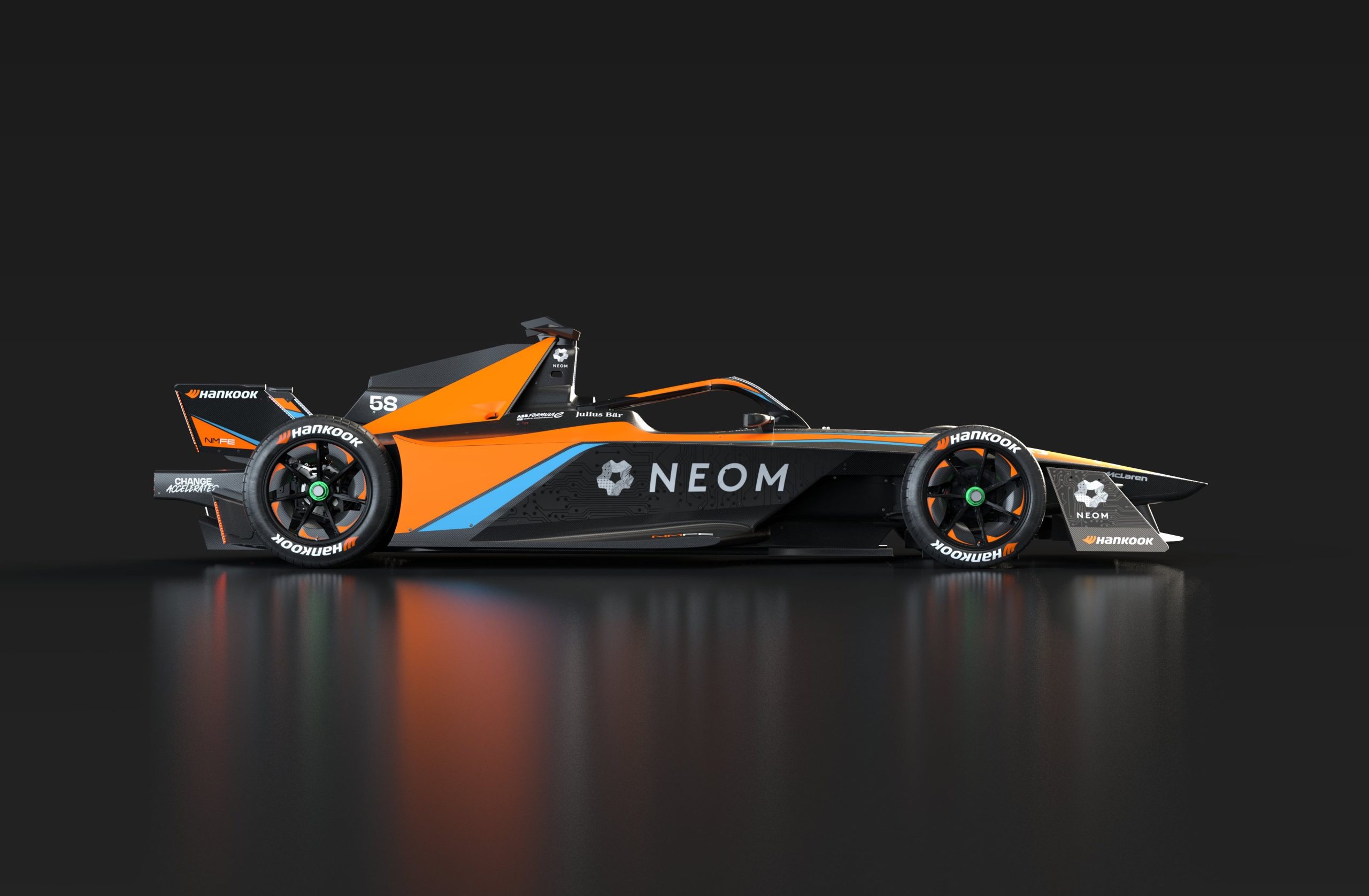A reputable heating company in Shrewsbury has recently disclosed the findings of a study focused on identifying the most environmentally friendly fuel sources for homeowners.
The world is undergoing a transformative shift. With the Silverstone Formula 1 Grand Prix occurring two weeks ago and the upcoming Formula E London E-Prix, the global landscape is rapidly transitioning from fossil fuel reliance to electrification. Harding Heating conducted extensive research on this subject to determine whether homeowners should opt for gas boilers or air-source heat pumps.
Throughout history, fossil fuels have been the primary energy source powering our homes, vehicles, and various aspects of our lives. However, the dominant technology in nearly every domain is now shifting towards electricity and motors, replacing petrol and gas.
The UK government shares this perspective and actively promotes heat pump installations to eliminate the consumption of fossil fuels. Despite this endorsement, the uptake of heat pumps has been somewhat subdued, prompting Harding Heating to delve into the reasons behind this trend.
The Need for Speed: Formula 1 vs. Formula E?
A spokesperson from Harding Heating revealed that they initially examined the comparison between Formula 1 and Formula E, namely, petrol-powered versus electric-powered vehicles.
According to the research, a Formula 1 car accelerates to 60 mph in a mere 2.6 seconds, while Formula E achieves it in 2.8 seconds. The top race speed for Formula 1 is 223 mph, slightly higher than Formula E’s 200 mph. When both series compete on the Monaco circuit, the Formula 1 car outpaces its electric rival by a considerable 13-second margin, clocking 1:15.650 compared to 1:28.773.
“Surprisingly, the petrol-powered vehicles have the upper hand in all the primary performance metrics, but the story doesn’t end there. As we extend our analysis to include other motorsport events, electric vehicles continue to break records time and again. Take, for instance, the Goodwood Festival of Speed 2022 winner, the awe-inspiring McMurtry Spéirling, setting a breath-taking record at 39.08 seconds,” the spokesperson stated.
“The picture becomes even more striking when we expand our research to encompass road-legal cars. Among the four fastest cars in history, based on 0-60 mph acceleration, all are electric vehicles. Notably, two of them are saloons that can easily serve as your family car, capable of accommodating supermarket trips with baby seats and golf clubs,” the spokesperson added.

The Need for Clean
Harding Heating approaches home heating criteria differently, where speed is not a decisive factor. Nevertheless, many homeowners express concern about reducing their environmental impact. This is where Formula E and electric vehicles emerge as champions, with Formula E producing a remarkable 92.4% fewer CO2 emissions (or equivalent) than Formula 1, establishing its dominance in every category.
In terms of overall CO2 emissions, Formula 1 generates a staggering 256,551 tons per year, whereas Formula E exhibits much higher efficiency with just 19,600 tons. Formula E has managed to cut over 100,000 tons of pollution from Formula 1 through logistics alone. Additionally, the electrified series gains nearly 70,000 tons of CO2 reductions from efficiencies in business travel, while their team factories are approximately 50,000 tons more efficient annually.
Translating this environmental focus to home heating, a heat pump powered by the national grid emits only a third of the CO2 equivalent of a gas boiler connected to the mains gas network. And when combined with photovoltaic solar panels, the heat pump becomes almost entirely free of CO2 equivalent pollution.

The spokesperson concluded, “The transition from fossil fuels to electrification has a long way to go in all aspects of our lives. Heating system technology, just like electric vehicles, Formula E cars, and batteries, is evolving rapidly in the emerging electrified world. While past research suggests that heat pumps may not necessarily reduce your monthly heating bills, one thing is abundantly clear – opting for electrification is the only viable option to minimise your environmental impact.”
For the full research, please see here: https://www.hardingheating.co.uk/post/formula1-formulae-gas-boiler-or-heat-pump.






